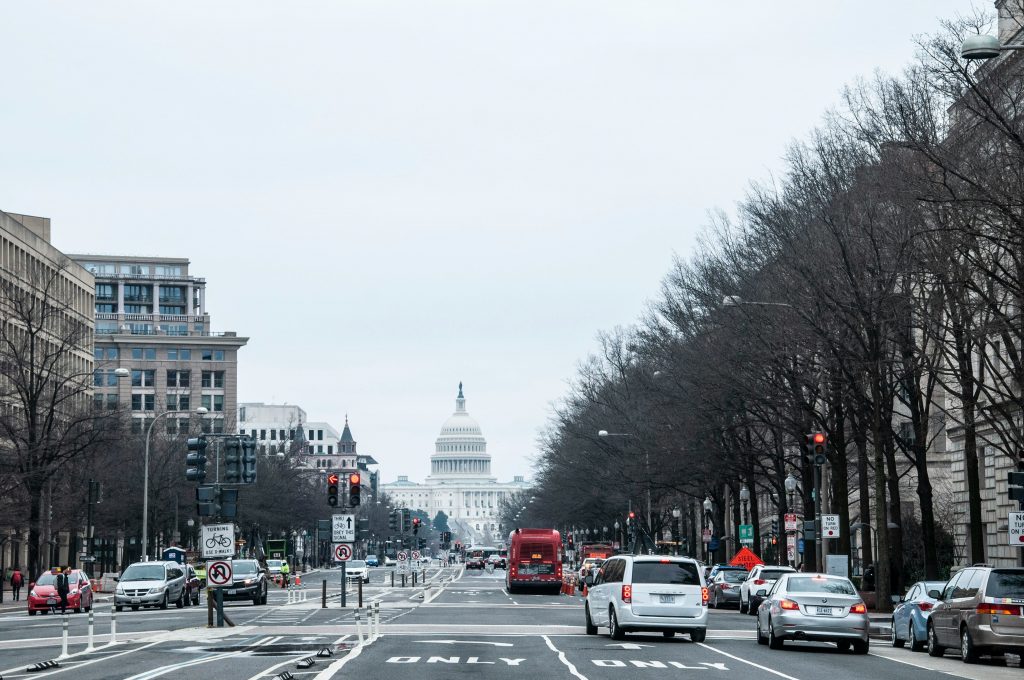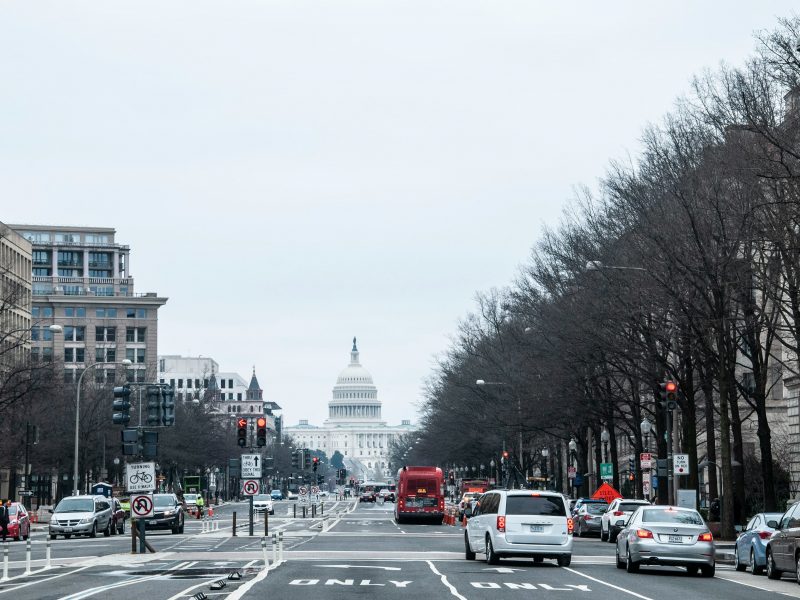Thomas Bourne: History, Class of 2018
Thomas Bourne graduated from NAU in 2018 with a master’s in history. He was a director at Canoe Technologies, which is an electric vehicle startup company, and has experience working in politics. We asked him about his career path, his NAU experience, and the advice he has for prospective history students!
What motivated you to enroll at NAU?
When I was looking to do a master’s program, I was kind of looking at an environmental history route, so I was looking at Montana State, ASU, NAU, and I believe one other. When I was looking through the faculty, how their research came out, and what stood out about each program, NAU stood out the most. They offered me a TA-ship, so I was able to work with students which I really wanted to do at the time because I wanted to become a professor. NAU was the only school that offered me a TA-ship so that helped send it over the line for me to come to NAU.
Why and how did you select your final major at NAU?
I always loved history. History was something I was always interested in as a young child, so going to high school and middle school, I always focused on my history classes. Math was never my forte, so I always just stuck with history when I was in college. I looked at some other things like physics and all that, but I didn’t enjoy it, so I stayed with history. Then, when I got to NAU, I wanted to pursue my master’s in environmental history and that’s what NAU offered so that’s what I went down with them.
In what ways did your NAU coursework prepare you for your career?
How to read lots of information fairly quickly, and being able to distill it down into a short summary. In my master’s program, I had to read three full-length books a week and distill them down and to a two-page summary so that our professor could know that we read the book had a full understanding of that. So, working with government relations, I have to read thousands of pages of bills and be able to summarize them down into not two pages, but into a one-page slide. My coursework really prepared me to be able to take lots of information, distill it down, and provide a comprehensive summary of everything.
How did you end up in the career you’re in now?
Originally, my career path when I came to NAU was to do my master’s and then get my PhD in history, but as I did the coursework, I got a bit burnt out from school after doing it for six years straight. I decided to do something different and looked into politics. I got involved with some local Flagstaff issues and worked on a few city council campaigns. Folks in the city council suggested that I look at getting an internship in Washington, D.C. After I graduated, I moved to D.C. I networked a bunch there and got to work for a nonprofit. I got laid off with Covid, but through my network, someone was starting a new Government Relations company so I worked out help with them, and that’s how I got to my former company, Canoe. They brought me on when the company hired.

Did you participate in any experiential learning opportunities, like a study abroad or an internship? If so, how did these contribute to your overall NAU experience?
Yes, so basically I had to learn how to do something new. Coming into my NAU experience, I didn’t know how to effectively read big books, so my NAU experience helped shape me for my internship. I learned how to fill my time and how to be agile to watch needs during my internship. A lot of it was answering phone calls, giving tours, and doing some research, so my NAU experience helped me learn how to effectively research as well.
What campus activities did you participate in while you were a student?
I played rugby with the LandSharks. It’s a mix of men and NAU students. I also partook in the NAU Chapter of Phi Alpha Theta, which was the History National Honor Society, so we helped create that for NAU with a few of my cohorts.
What part of your NAU experience do you value most highly today?
The relationships with the professors that I made there, like Dr. Hend and Dr. Finger. Even after my time there, I’m still in contact with them. I ask different questions when I’m running into things and kind of building that lasting relationship with them.
Do you have any advice for history students or students interested in the humanities?
Always give history a try. Sometimes people don’t enjoy it, but just try one or two classes, and you might really enjoy them. My little brother just got into college and didn’t want to take history, but he took a Chinese history class and really enjoyed it, and then he took an ancient Greece class and a Japanese class and really enjoyed them all. Take a class and see where it goes. There are more fun classes than just normal US history that we were forced to take in high school.


